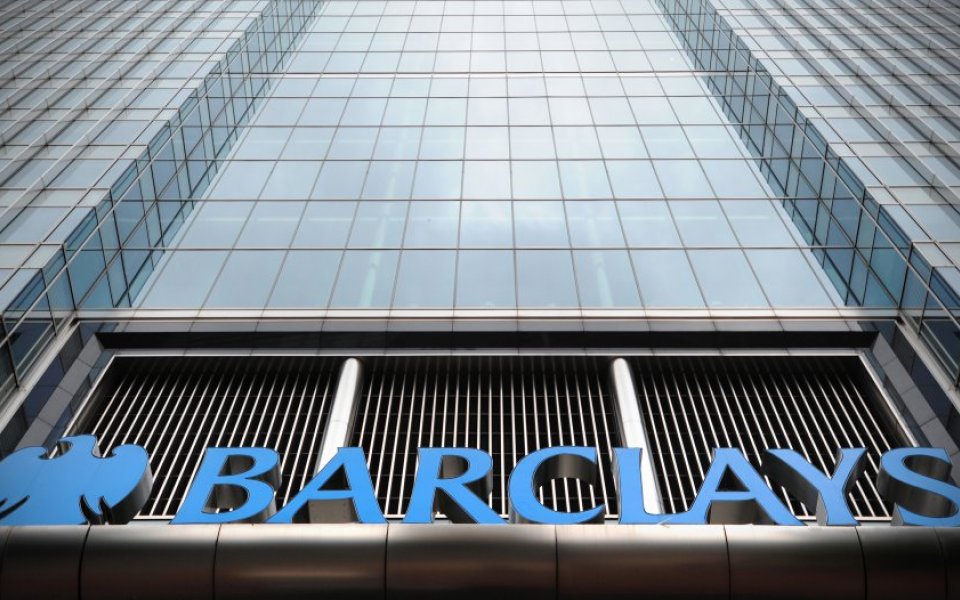Will Barclays’s restructuring programme actually improve prospects for the bank?

Laith Khalaf, senior analyst at Hargreaves Lansdown, says Yes.
Jes Staley, the new boss of Barclays, clearly takes the view that big is not necessarily beautiful when it comes to banking operations. The sale of the group’s African business and accelerated wind-down of non-core assets push Barclays further along the path of becoming a simplified bank – but there is still some way to go. A £2.2bn PPI write-down in 2015 is emblematic of the legacy issues that Barclays faces. The dividend has been halved for 2016 and 2017, which suggests that investors are going to have to wait some considerable time for the mission to start yielding results. It’s going to take some elbow grease to get there, but when the dust has cleared, the bank should have two high quality financial services divisions, and the potential to offer investors a decent dividend, In the meantime, the big risk for Barclays shareholders is that we get a cyclical downturn which hits the bank just as it is getting to its feet.
Frances Coppola, a former banker and a blogger at coppolacomment.blogspot.co.uk, says No.
Barclays’s results are dismal. Much of this is due to its non-core businesses, which are depressing return on equity by nearly 5 per cent. But the core businesses are performing well and delivering a solid return on equity of over 10 per cent. The strategic decision to divest Africa banking, while painful, appears sensible. However, I question the wisdom of retaining a poorly-performing, mediocre investment bank. The investment bank is delivering a return on equity barely above that of non-core, and profits are declining in several areas. In today’s difficult marketplace, this is unlikely to improve unless Barclays can develop some kind of niche. The bank’s strategy, far from looking for a niche, appears to cling nostalgically to the dream of being a major force in global investment banking. But Barclays has no hope whatsoever of challenging the dominance of the large American investment banks. It would do better to divest its investment bank and concentrate on its strong retail, cards and corporate banking franchises.